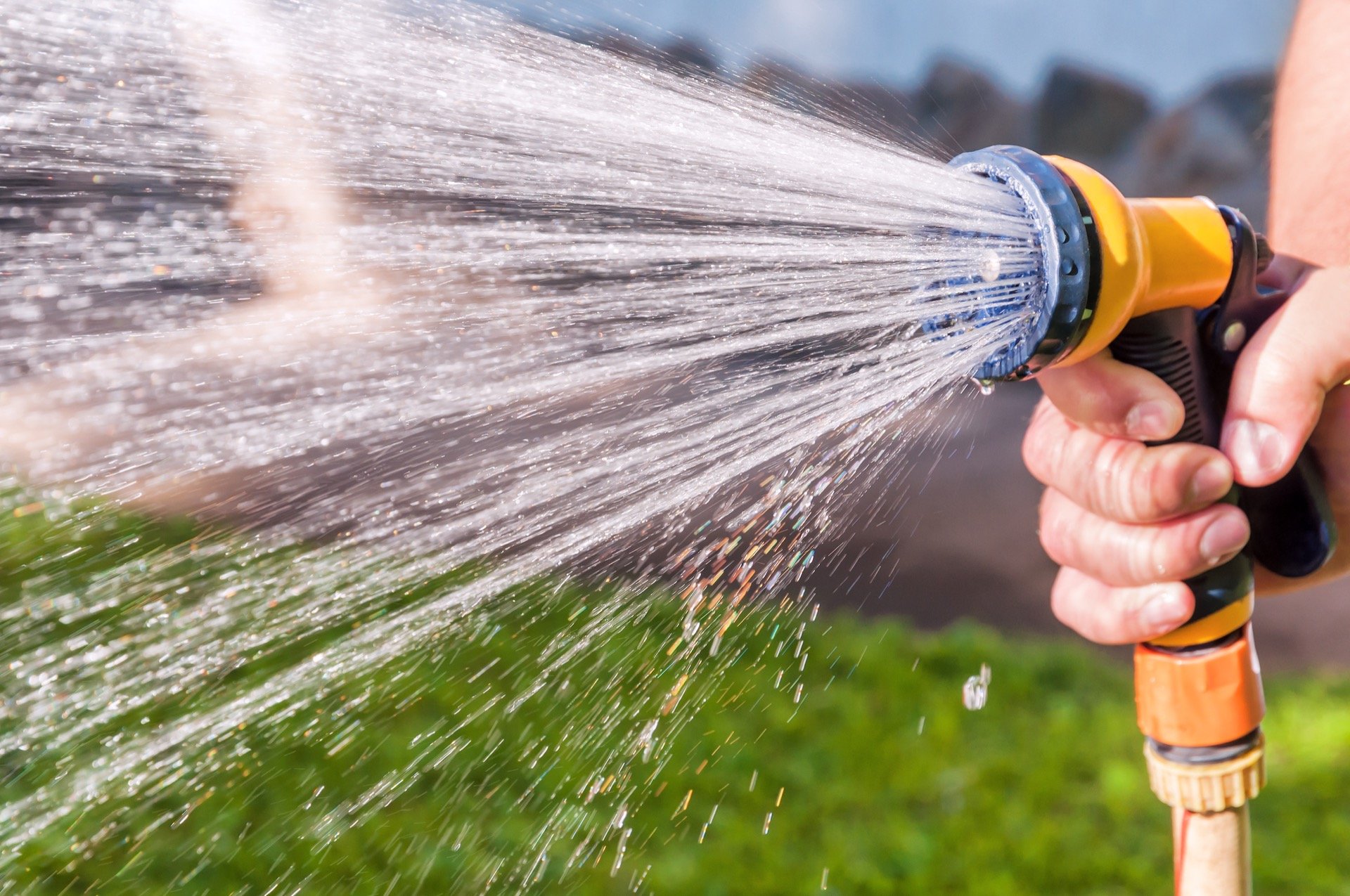How To Clean Your Artificial Grass Thoroughly In Lemon Grove?
Artificial grass has become increasingly popular in residential and commercial landscapes due to its low maintenance requirements and evergreen appearance. While artificial turf is relatively low maintenance compared to natural grass, it still requires occasional cleaning to keep it looking its best and prolong its lifespan. Regular maintenance can prevent the buildup of debris, mold, and bacteria, ensuring your artificial grass remains clean and safe for use. Here are five tips to help you thoroughly clean your artificial grass:
- Regular brushing is crucial for keeping your artificial grass clean and maintaining its lush appearance. Use a stiff brush or a specialized artificial grass rake to remove debris, leaves, and pet hair from the surface. Brushing the grass fibers against the grain helps to lift and remove stubborn debris effectively. Aim to brush your artificial grass at least once a week, or more frequently during periods of heavy use or high pollen count.
- Periodically rinsing your artificial grass with water is essential to remove dust, pollen, and other airborne particles that accumulate over time. Use a garden hose or a pressure washer with a wide spray nozzle to thoroughly rinse the surface of the turf. Pay particular attention to areas that are frequently used or prone to buildup, such as pet potty areas or under trees. Avoid using hot water or steam, as it may damage the synthetic fibers of the grass.
- Accidents happen, whether it’s spills from food and beverages or pet urine. Promptly treating stains and spills can prevent them from setting into the artificial grass fibers and causing discoloration or odors. Blot up liquid spills with a clean cloth or paper towel, then rinse the area with water. For tougher stains, use a mild detergent diluted in water and gently scrub the affected area with a soft-bristled brush. Rinse thoroughly with water afterward to remove any residue.
- While artificial grass is resistant to weeds, it’s not entirely immune to them. Over time, seeds from weeds or airborne particles can settle into the turf and germinate, leading to weed growth. Regularly inspect your artificial grass for any signs of weed growth and remove them promptly to prevent them from taking root. Use a weed killer specifically designed for use on artificial turf, following the manufacturer’s instructions carefully to avoid damaging the grass.
- For a thorough and deep clean, consider hiring a professional artificial grass maintenance service at least once a year. Professional cleaners have specialized equipment and techniques to remove embedded debris, rejuvenate the grass fibers, and restore the appearance of your artificial lawn. They can also inspect the turf for any signs of damage or wear and make recommendations for repairs or replacements as needed.
FAQs
Can I Use Bleach To Clean My Artificial Grass?
No, using bleach or harsh chemicals can damage the synthetic fibers of the grass and cause discoloration. It’s best to stick to mild detergents and water for cleaning.
How Do I Prevent Pet Odors On Artificial Grass?
To prevent pet odors, regularly remove solid waste and rinse the area with water. You can also use pet-specific artificial grass cleaners or enzymatic cleaners to neutralize odors.
Is It Safe To Use A Pressure Washer On Artificial Grass?
Yes, it is safe to use a pressure washer with a wide spray nozzle on artificial grass. However, use it at a low pressure setting to avoid damaging the turf fibers or displacing the infill material.
Conclusion
In conclusion, maintaining clean artificial grass not only enhances its aesthetic appeal but also ensures its longevity and safety. By following these tips and staying proactive with your maintenance routine, you can enjoy a pristine artificial lawn year-round. For more information, contact Artificial Grass Lemon Grove at (619) 754-9700.


